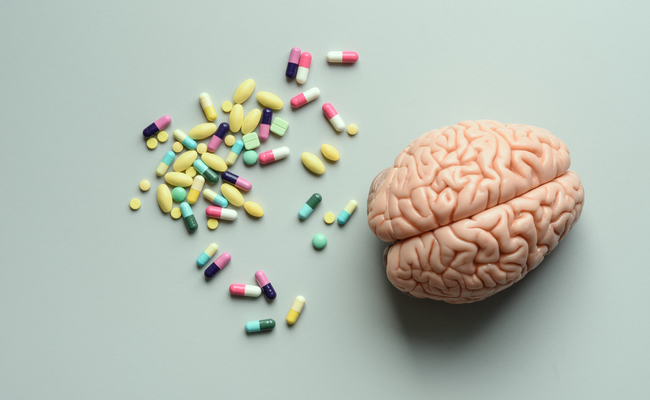Learn about brain health and nootropics to boost brain function
The Negatives Of Nootropics: Risks You Should Consider


Nootropics are often touted as wonder drugs that can help to improve socialization, reduce anxiety and tension, and help us to perform at our very best no matter the situation. In many areas, they are also easily accessible, and this can help to normalize their use and make many users feel they are safe. Many expect they are regulated in a similar way to drugs such as alcohol or caffeine.
While there are undoubtedly benefits to nootropic use, there are also risks you should consider and research—we are here to help with that. Before you start searching for the best store to buy phenibut make sure you are fully aware of potential risks and dangers.

Issues With Sleep
Nootropics can seriously mess with your sleep pattern and quality during the time you are taking them, and this issue could continue even after you stop. When used long term, certain nootropics are thought to deplete slow brain waves during the sleep process. They force your nervous system to remain alert and active, disrupting your entire circadian rhythm, and this can result in a tired, groggy feeling upon awakening.
Changing The Brain
Brain scans and research have shown that nootropics can physically alter how the brain works, and may even expand or shrink certain areas of the brain. Functions can be inhibited, and this can be dangerous on a short and long-term basis.
Cognitive Defects
Long term use of nootropics can result in cognitive defects in a way similar to nicotine. In the short term, nicotine can be used to boost and aid cognition. Over time, however, the brain becomes tolerant to the drug, and more substantial amounts are required to achieve the same effect. Research suggests that the same is true of nootropics, and could result in the drug being needed to perform cognitive tasks.
Impairment To Memory
The lack of research into the long-term effects of nootropics is worrying. Many researchers are concerned that the link between dementia and benzodiazepines is merely the tip of the iceberg with regards to the long term effects of drugs. There is a concern that long-term use of nootropics could cause permanent memory damage.
Dependence
Long-term users of nootropics have stated that they are unable to perform tasks which are cognitively demanding without the use of the drug to assist them. Functions such as taking tests, remaining productive, and performing basic work cannot be achieved without using the drug. Day-to-day functioning is damaged and impaired.
Damage To The Nervous System
Nootropics that act as stimulants can cause permanent damage to the body, as they require the nervous system to be on a permanent state of high alert. This fact means your body is forced to create energy even when exhausted. While the long-term impacts of this are still unknown, it is likely that this could cause permanent damage to your circadian rhythms, affecting sleep patterns, as well as accelerating the aging process and causing long-term damage to cells.
Click here to view full article